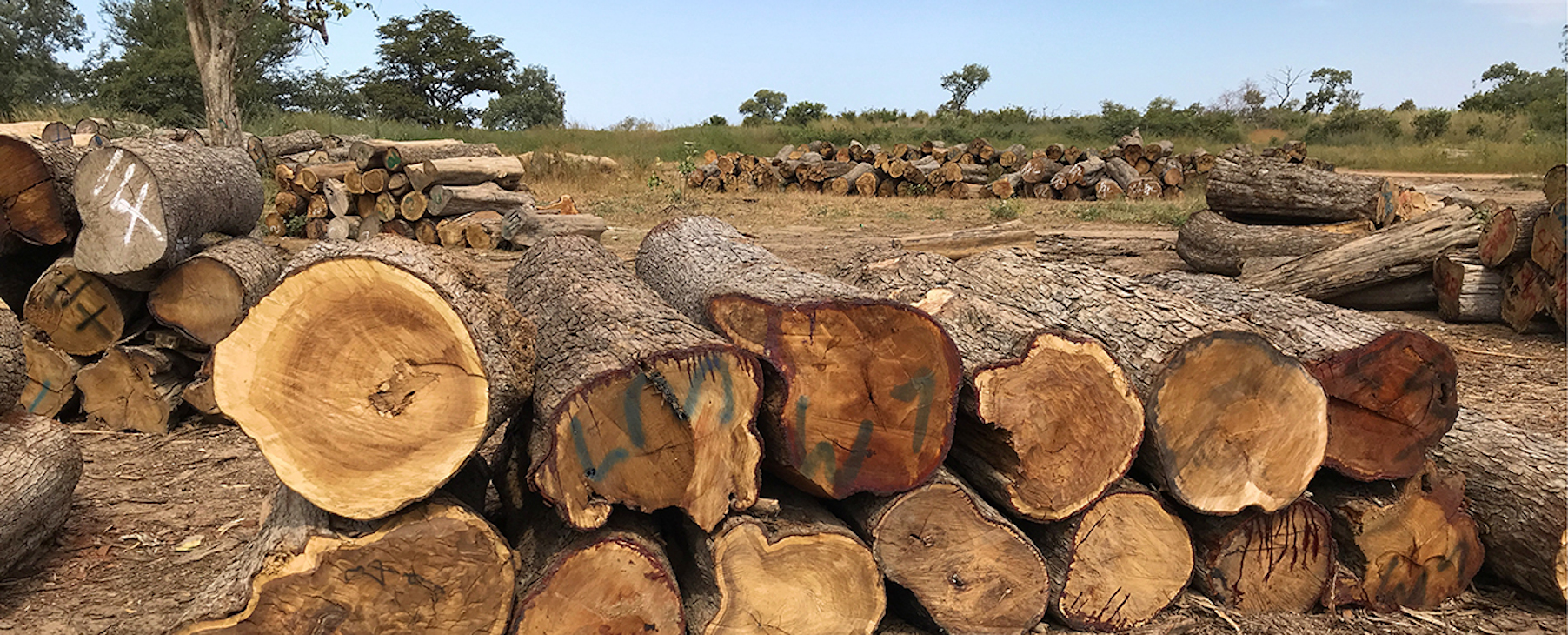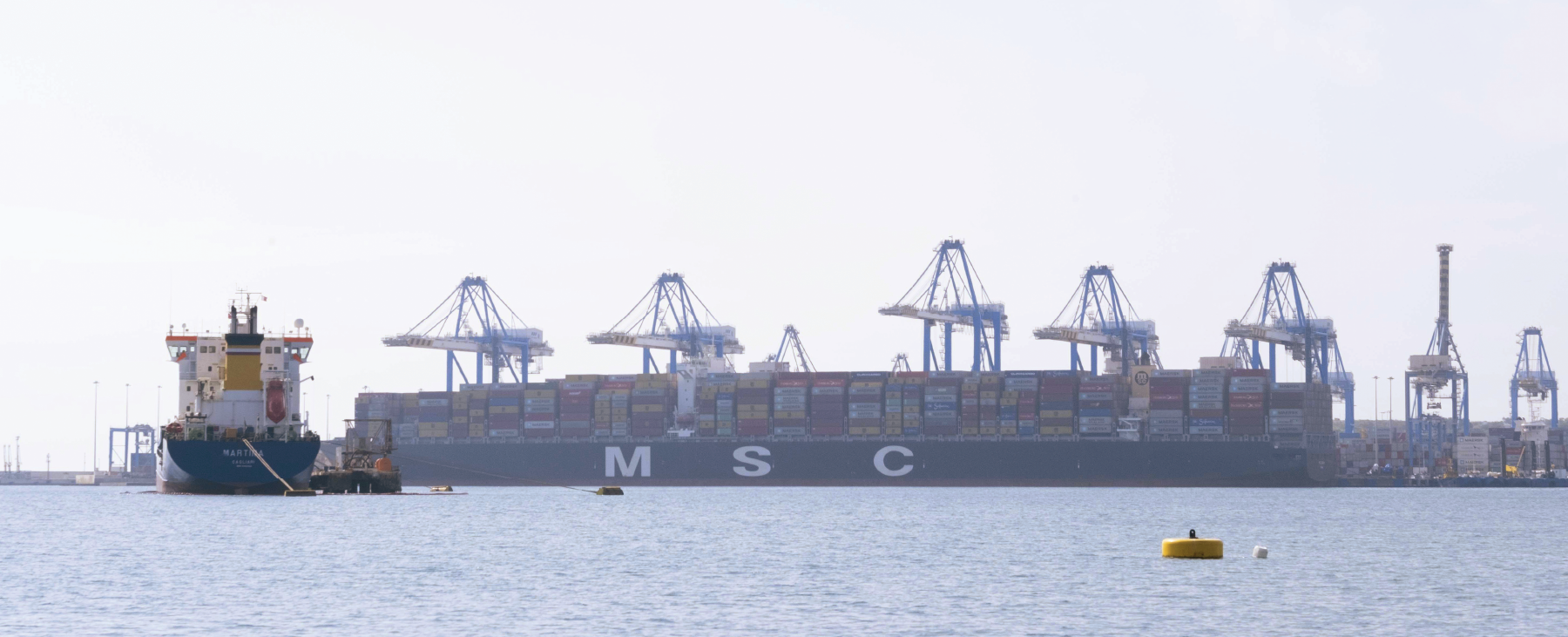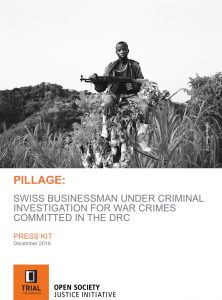Rifaat Al-Assad is a career military man and a Syrian politician. He is the younger brother of the former president of Syria Hafez Al-Assad, to which he has largely facilitated the ascension to power in 1970. He is the uncle of the current president Bashar Al-Assad.
A member of the highest political circles in the 1980s, he was part of the regional commandment of the Baath party and has led the “Defense Brigades” (Saraya al-difaa an al thawara), Syria’s elite commando troops, from 1971 to 1984.
Thought by many to succeed to his elder brother as president, he was then suspected of preparing a coup against the latter. He was subsequently forced into exile in 1984. Since then, he has lived in various European countries where he has invested his substantial personal fortune.
In June 2016, he was indicted in France for embezzlement of public funds and undeclared labour. Some of his assets, worth several million euros, were seized in France, in Spain and in the United Kingdom.
The facts
Under Rifaat Al-Assad’s command, the Defense Brigades could have participated in two infamous slaughters.
Firstly, the massacre in the prison of Tadmor (or Palmyra), probably perpetrated by the Defense Brigades in retaliation to the attempted murder of President Hafez Al-Assad.
On 27 June 1980, the Defense Brigades led by Rifaat Al-Assad attacked the prison of Tadmor, around 200km North-East of the capital. As soon as they arrived, the soldiers barged into the cell and killed almost every prisoner. About 1’000 people suspected of being members of the opposition could have been slaughtered.
Secondly, the martyrdom of the city of Hama in February 1982. Following the takeover by the Fighting Vanguard of the city of Hama, the government sent in thousands of men, including the Defense Brigades.
Government forces surrounded and shelled the city with heavy artillery and tanks. The Vanguard and many individuals who had spontaneously taken arms tried to resist, in vain. Very quickly, the civilian population was trapped in its own city, cut off from supply, food and electricity for almost 4 weeks.
Depending on the sources, 10’000 to 40’000 people – mainly civilians – have died. Whole areas of the city were destroyed, including the shelling to the ground of a part of the old town.
Both at Tadmor and in Hama, testimonies and historical sources concur on the implication of the Defense Brigades in the crimes committed. Several sources point directly at Rifaat Al-Assad in the planning and carrying out of these massacres.
Procedure
In November 2013, TRIAL International was made aware of the presence in Switzerland of Rifaat al-Assad. After conducting research, the NGO filed a complaint before the Office of the Attorney General of Switzerland (OAG), asking it to determine the responsibility of Rifaat Al-Assad in the massacre of Hama. The OAG opened a criminal investigation for war crimes in December 2013. In August 2014, a victim joined in the proceedings.
In September 2015, Rifaat Al-Assad came back to Geneva. TRIAL International and the victim’s lawyer asked the authorities to arrest him. They refused, and the victim’s lawyer filed for provisional measures before the Federal Criminal Tribunal. Two days later, the OAG was ordered to audition Rifaat Al-Assad.
In 2016 and 2017, TRIAL International filed several more complaints, including for the crimes committed in Tadmor. It also brought to the case ample evidence and a list of witnesses ready to testify.
As the proceedings continued, six more victims joined the case. Some of them have directly witnessed the atrocities. Given the total impunity reigning in Syria, the investigation in Switzerland could be their only chance to obtain justice.
In June 2020, Rifaat al-Assad was convicted in France and sentenced to four years in jail, notably for money laundering and embezzlement of Syrian public funds. French authorities also confiscated several properties worth millions. Al-Assad appealed the decision.
On 9 September 2021, the Paris Court of Appeals upheld the conviction of Rifaat al-Assad to four years in prison for fraudulently building up assets in France valued at 90 million euros.
In October 2021, Rifaat al-Assad fled Europe to return to Syria despite the ongoing proceedings against him and the judicial surveillance he was under in France. The investigation before the OAG continues regardless.
Context
From 1979 to 1982, the Al-Assad regime fought the Fighting Vanguard of the Muslim Brotherhood. Founded at the end of World War II and emanating from the Egyptian party, the Syrian branch of the Muslim Brotherhood became the first opposition force after Hafez Al-Assad’s accession to power.
The regime, including under the influence of Rifaat Al-Assad, set up a policy of repression that evolved into open conflict with the Muslim Brotherhood. At the end of the 1970s, their clashes led to an armed conflict which culminated in the destruction of Hama in 1982.
The crimes committed in Hama and Tadmor are directly linked to that non-international armed conflict in Syria. The following acts must therefore be qualified as war crimes:
- murder
- collective punishments
- bombardment of civilians
- collective executions
- acts of torture
- rape
- looting
- destructions of religious buildings and hospitals




